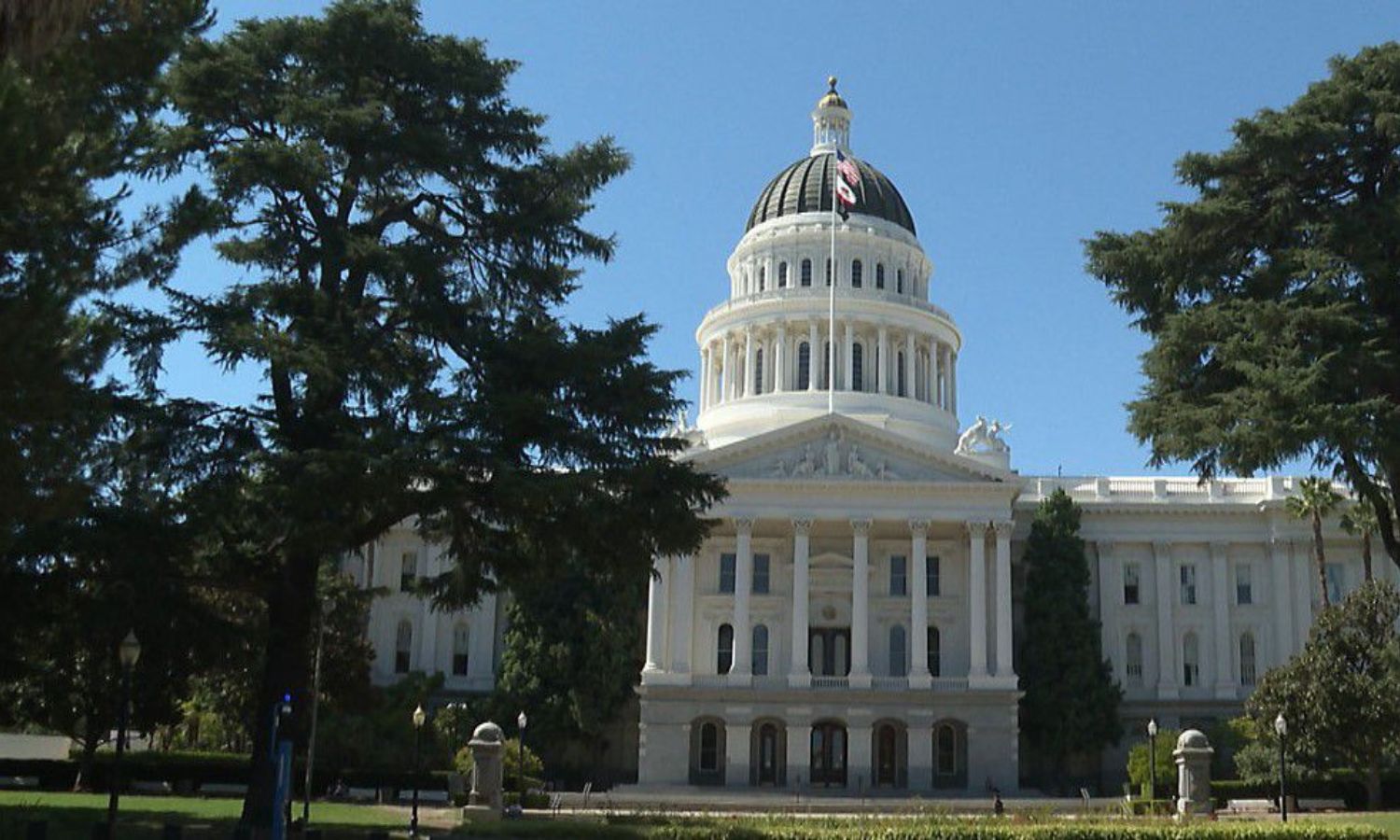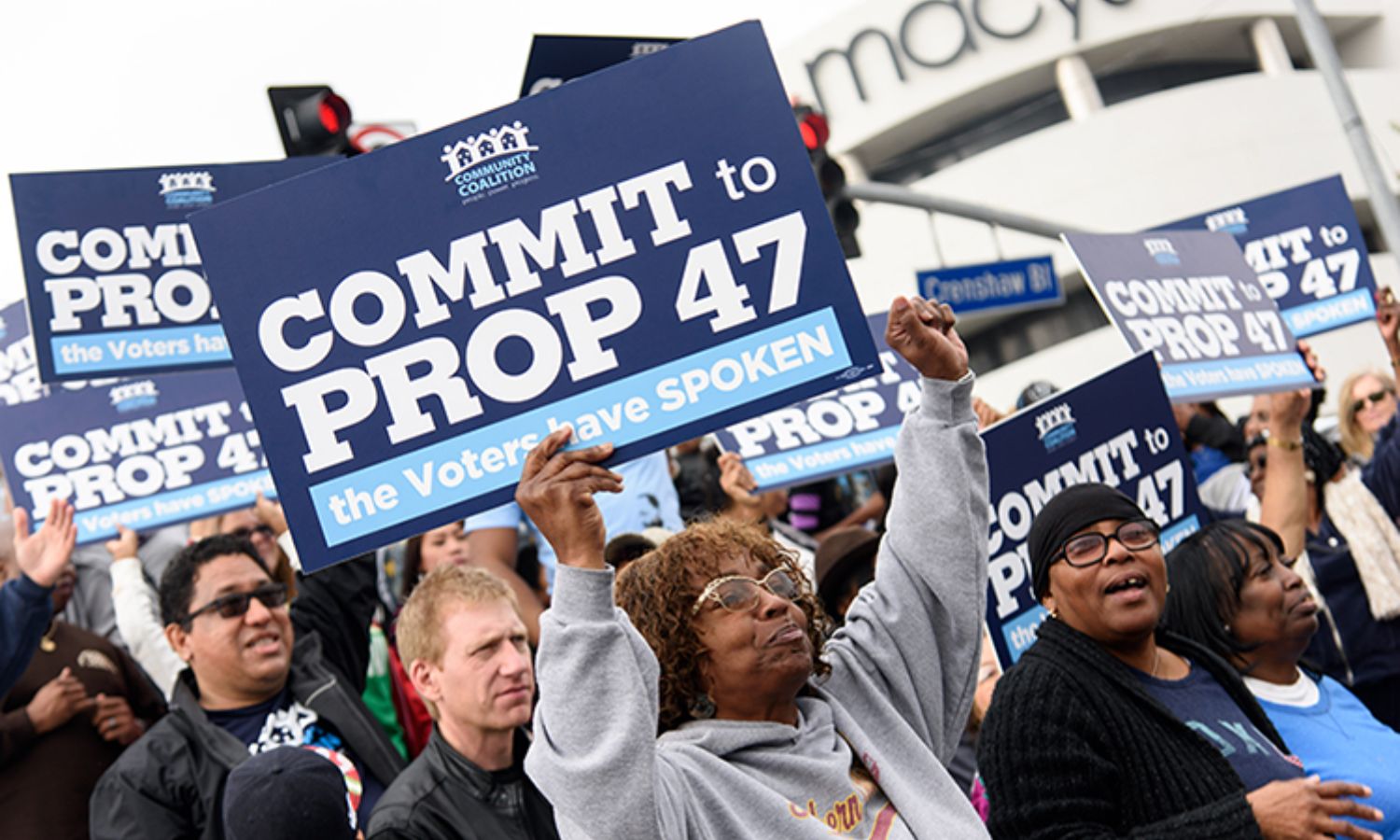Prop 47 Challenges: In the wake of a surge in retail theft in California, legislators have been grappling with the challenges posed by Proposition 47.
The perspectives of various California legislators on the issue, shedding light on their responses and proposed solutions.
By examining the divergent views and alternative approaches, this analysis aims to provide an informative and analytical exploration of the complex landscape surrounding retail theft and the ongoing debates surrounding Proposition 47.
Key Takeaways Of Prop 47 Challenges
- Retail theft surge in California has been a significant issue, leading to a need for legislative action.
- Proposition 47, aimed at reducing prison populations and reallocating funds, reclassified property crimes as misdemeanors, resulting in reduced penalties for shoplifting and theft.
- Assembly Bill 1787, proposed by Assemblymember Carlos Villapudua, seeks to address retail theft by imposing stricter penalties for repeat offenders and establishing a statewide organized retail theft task force.
- Previous attempts to reform retail theft laws, such as Prop 47 challenges, have faced obstacles due to differing perspectives among legislators and the complexity of the issue.
Retail Theft Surge and Proposition 47:
The retail theft surge and its relationship to Proposition 47 have been a matter of concern among California legislators.
Proposition 47, also known as the Safe Neighborhoods and Schools Act, was passed in 2014 to reduce prison populations and redirect funds towards education and rehabilitation programs.
However, critics argue that the reclassification of certain property crimes as misdemeanors under Proposition 47 has inadvertently contributed to an increase in organized retail theft.
By reducing the penalties for crimes such as shoplifting and theft, offenders now face less severe consequences, leading to a rise in theft incidents.
This surge in retail theft has not only had a financial impact on businesses, but it has also exposed vulnerabilities in the criminal justice system’s ability to effectively address this issue.
As a result, California legislators are grappling with the consequences of Proposition 47 and exploring potential solutions to combat the growing problem of retail theft.
Legislative Response – AB 1787:
Several California legislators have proposed a legislative response to address the concerns surrounding retail theft surge and Proposition 47, including Assemblymember Carlos Villapudua’s Assembly Bill 1787. This bill aims to combat the normalization of retail theft and its consequences by implementing stricter penalties and providing resources for law enforcement agencies.
The key provisions of AB 1787 include:
- Increasing penalties for repeat offenders of retail theft.
- Establishing a statewide organized retail theft task force to coordinate efforts and share information between law enforcement agencies.
- Allocating funds to support local law enforcement agencies in combating retail theft.
- Enhancing collaboration between retailers, law enforcement, and prosecutors to improve the investigation and prosecution of retail theft cases.
- Creating a public awareness campaign to educate the public about the consequences of retail theft and discourage participation.
AB 1787 seeks to address the challenges posed by the surge in retail theft and provide a comprehensive approach to combat this issue effectively.
Previous Reform Attempts – Prop 47 Challenges:
Previous reform attempts have encountered significant challenges in addressing the impact of Prop 47 on retail theft in California. Assemblymember Al Muratsuchi, among others, has made efforts to reform Proposition 47, but these attempts have faced obstacles in the Assembly Public Safety Committee.
The challenges faced by reform bills in this committee have hindered progress in effectively addressing the issue of retail theft. The committee, responsible for reviewing and considering legislative proposals related to public safety, has been a key battleground for reform advocates.
The complexity of the issue, coupled with differing perspectives and priorities among legislators, has made it difficult to find consensus on the best approach to tackle the problem. As a result, finding common ground and passing meaningful reform measures has proven to be a significant challenge.
Governor Newsom’s Perspective:
Governor Newsom’s perspective on retail theft and Prop 47 offers insights into his proposed solutions for addressing the issue and combating repeat offenders. His stance can be summarized as follows:
- Strengthening law enforcement: Newsom advocates for providing additional resources to law enforcement agencies to enhance their ability to combat organized retail crime and apprehend repeat offenders.
- Increasing penalties: The Governor believes in increasing penalties for repeat offenders, including imposing longer sentences for those convicted of multiple retail theft crimes.
- Improving rehabilitation programs: Newsom emphasizes the importance of investing in rehabilitation programs to address the underlying causes of retail theft, such as addiction and mental health issues.
- Expanding diversion programs: The Governor supports expanding diversion programs that divert low-level offenders away from the criminal justice system and towards community-based alternatives.
- Promoting collaboration: Newsom encourages collaboration between law enforcement, retailers, and community organizations to develop effective strategies and solutions to combat retail theft.
Governor Newsom’s perspective highlights a comprehensive approach that combines law enforcement, penalties, rehabilitation, diversion, and collaboration to address the challenges posed by retail theft and repeat offenders.
Divergent Views and Alternative Solutions:
One legislator expresses a contrasting view on addressing organized retail theft in California. While some legislators, like Mia Bonta and Isaac Bryan, caution against rolling back Prop 47, there are others who advocate for alternative solutions.
These alternative solutions involve collaboration with organizations like Californians for Safety and Justice (CSJ). They believe that addressing the root causes of retail theft, such as poverty and addiction, can be more effective than simply increasing penalties. This perspective highlights the need for a comprehensive approach that combines prevention, intervention, and rehabilitation programs.
Conclusion Of Prop 47 Challenges
In conclusion, the surge in retail theft in California has prompted legislative responses such as AB 1787. Previous reform attempts, including Proposition 47, have faced challenges that need to be addressed.
Governor Newsom’s perspective and alternative solutions have offered divergent views on how to tackle this issue.
It is crucial for policymakers to consider these perspectives in order to find effective solutions to combat retail theft in California.
Our Reader’s Queries
Q1. What is Proposition 47 in the state of California?
Ans. In a landmark decision during the November 2014 ballot, California voters approved Proposition 47, a groundbreaking initiative that reclassified certain low-level drug and property crimes from felonies to misdemeanors. Annually, the cost savings resulting from the enforcement of Proposition 47 are allocated to the Safe Neighborhoods and Schools Fund.
Q2. What is the effect of Prop 47 in California?
Ans. Implemented in response to the public safety realignment in 2011, Proposition 47 marked a significant shift by decreasing penalties for specific lower-level drug and property offenses. It signified a continued effort to allocate prison and jail resources primarily for higher-level offenders.
Q3. Who supported Prop 47 California?
Ans. Proposition 47 enjoys support from law enforcement, crime victims, and teachers.
Q4. Is California Prop 47 retroactive?
Ans. Proposition 47’s provisions are retroactive, providing relief for current and past defendants. The measure reduces certain non-serious and non-violent crimes from felonies to misdemeanors.




